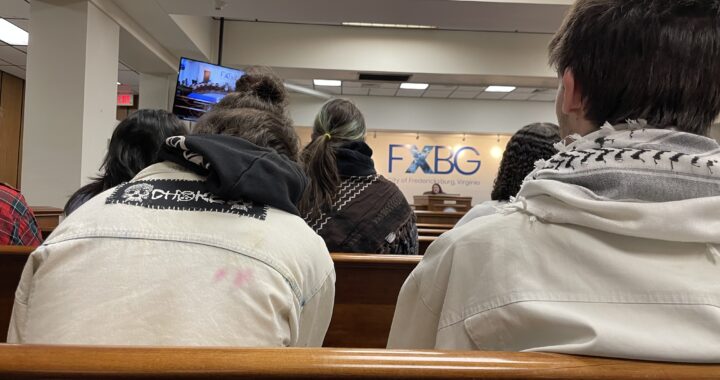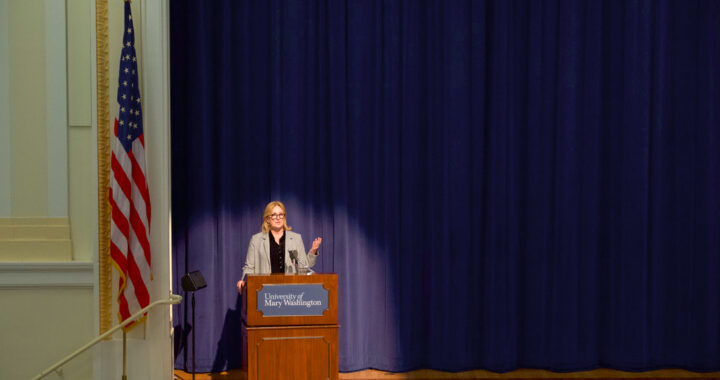Hard COAR: students decide to take spring break away from beaches, into communities
3 min read
COAR | Tumblr
By NIKKI CONTRINO
While many University of Mary Washington students are looking forward to heading home this coming spring break, a select few are venturing away from the week of binge watching Netflix and spending their spring break experiencing one of UMW’s alternative spring break programs.
One of the leading programs is COAR’s Habitat for Humanity trip that is held every year over the duration of spring break.
“Habitat for Humanity is an organization that allows volunteers to help construct a house for impoverished families,” said senior international affair major, Nicole Scotti.
This year, students participating will be broken up into three groups and traveling to Vero Beach, Florida, Fort Lauderdale, Florida, or Wilmington, North Carolina. Program wide, 43 students and two advisors will be attending one of the trips.
“I am really looking forward to building new relationships and spending my break helping someone in need,” Scotti said. Scotti is the group leader for the students traveling to Vero Beach.
Scotti’s group will be taking a UMW van, filled with 14 students and one advisor; they will be heading down to Vero Beach on Saturday, Feb. 27. The other two groups will not be leaving until Sunday, Feb. 28, but all three groups will be staying at their locations for a total of nine days. Once there, students are quickly put to work helping to build homes for individuals in the habitat for humanity program.
“Students work on the homes in whatever stages they are in,” said COAR advisor, Christina Eggenberger. “The Habitat for Humanities affiliates train students on site to perform tasks.”
Students who have attended the trips have learned skills such as framing houses, roofing, siding and inserting HVAC’s. The affiliates keep a close eye on the students during the process, but students are definitely working to complete the tasks given to them on their own.
“Working with your hands is a great opportunity and most college students don’t get that opportunity,” Eggenberger said. “I hope that students take away how much of a big deal having a home is and having stable housing.”
In order for a member of Habitat for Humanity to earn a home, they must put in their own “sweat equity” and work on the home that is being built for them or someone’s home. Homeowners are able to learn all that goes into building a house and how to repair their own home. “Half the time we meet the homeowner on site,” Eggenberger said. “At the end of the week, homeowners will sometimes give sharpies to allow volunteers to write messages on the studs of the house.”
Other colleges also travel to the locations to volunteer and help the homes come together.
“This is also the first year we are volunteering with other colleges,” said junior international affairs major Caitriona Cobb. “It’ll be a new experience.”
Junior marine conservation major, Kelsey Stanbro, is also looking forward to the trip. “I’m really excited for the experience as a whole and all the memories that our group will make, but most importantly to be able to give a family a home at the end of it,” Stanbro said.
If you are interested in viewing what the students are up to during their trips this spring break, visit COAR’s tumblr page wearehardcoar.tumblr.com where they will be adding daily updates. COAR is also planning a trip for this coming May.
Students will also be attending alternate spring breaks with departments such as geography, visiting Guatemala, biological sciences, visiting the Galapagos Islands, and modern languages and literature, visiting Montreal and Quebec City. Students will be experiencing and learning about their environments, while engaging in fun activities. Biological sciences department chair, Andrew Dolby, hopes that students acquire an “appreciation for natural resources and challenges associated with maintaining them.”
To find more information on these trips, visit international.umw.edu.











